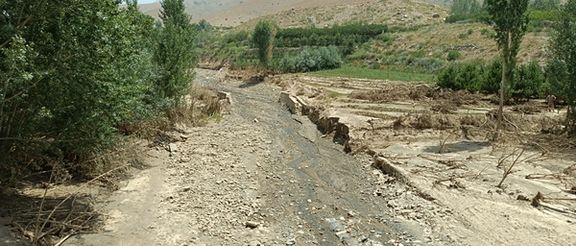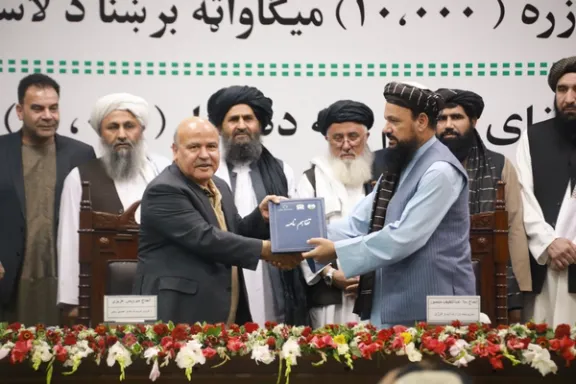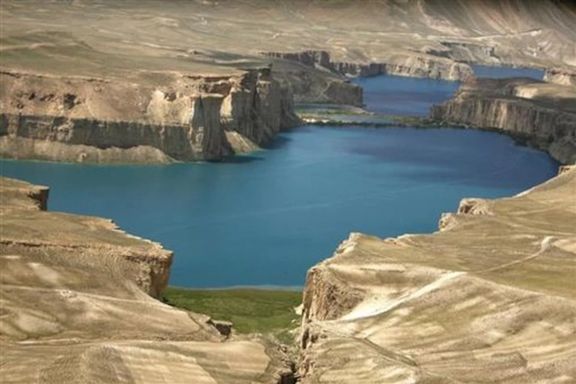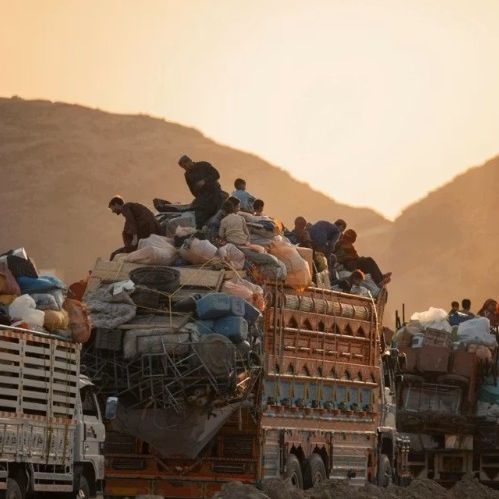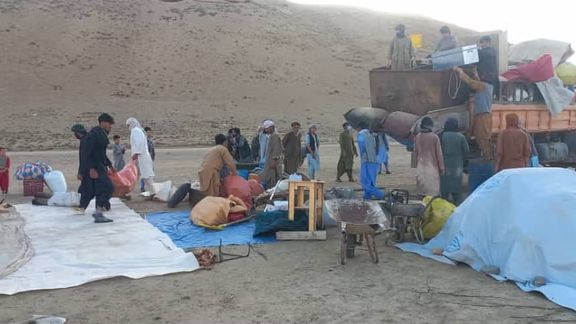“We demanded that the armed groups either return to Afghanistan or, if they are intent on fighting, leave populated areas and move toward the mountains,” said Dr. Khalil-ur-Rehman, a jirga member, during a media briefing.
The meeting was held in a mosque in the Mamund tehsil area. According to Pakistani media reports, TTP representatives responded by saying they would convey the jirga’s message to their “leaders in Afghanistan.” The group has not issued an official statement.
The talks come amid growing unrest in the region. On Monday, thousands of residents of the Tirah Valley staged a mass protest, demanding the removal of militants due to rising insecurity, economic hardship, and daily disruptions. The protest turned deadly when Pakistani security forces opened fire, killing at least three demonstrators and injuring eight others.
Despite the violence, tribal leaders pressed ahead with the peace effort. On Friday, they held a jirga reiterating calls for the withdrawal of TTP militants from the area.
Dawn newspaper reported Saturday that the TTP’s pledge to consult leadership in Afghanistan suggests the group’s command structure remains intact across the border. Pakistani officials estimate that approximately 4,000 TTP fighters are operating from within Afghanistan.
The Taliban administration in Kabul has repeatedly denied hosting the Pakistani Taliban on its soil.
However, in a report released Friday, 1 August, the US Special Inspector General for Afghanistan Reconstruction (SIGAR) stated that terrorist groups including al-Qaeda, TTP, and Islamic State–Khorasan continue to operate within Afghanistan.
Additionally, earlier this year, three sources told Afghanistan International that TTP members had sought to acquire drones in Kabul and other Afghan cities for use against the Pakistani military.
